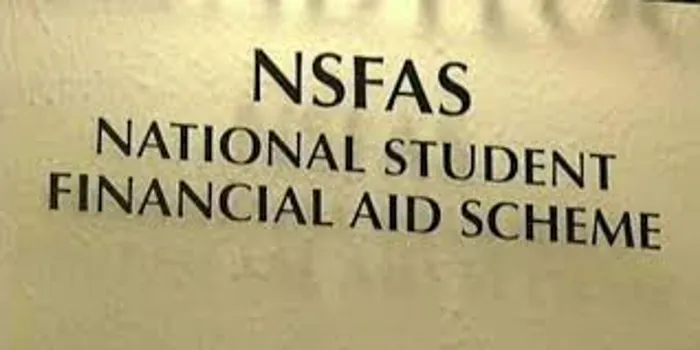Ongoing leadership woes derails NSFAS path to self-renewal

Picture: ANA file – Since its inception, the NSFAS has assisted hundreds of thousands of poor and middle-class students to gain access to higher education institutions.
By Hendrick Makaneta
One of the greatest achievements of the post-colonial state in South Africa was the establishment of the National Student Financial Aid Scheme (NSFAS).
There is no doubt that since its inception, the NSFAS has assisted hundreds of thousands of poor and middle-class students to gain access to higher education institutions.
In fact, more than 900,000 students are benefiting from the scheme. It therefore makes sense that such a scheme should be preserved so that it can continue to benefit current and future generations.
The reality is that despite the great achievements of this scheme over almost three decades, like any other organisation, it has had its highs and lows. One of the lowest moments was its inability to pay beneficiaries on time, as well as the structural problems.
When Higher Education Minister Dr Blade Nzimande announced that a new board would be appointed, many people had hoped that the backlogs created under the past board would be a thing of the past.
The appointment of various service providers who were tasked with the disbursement of funds to beneficiaries was a noble idea as it was expected to speed up the disbursement of funds and minimise backlogs. It was also encouraging that the new board began cleaning the mess at the NSFAS by ensuring that the right beneficiaries received allowances.
In addition, it was encouraging to see that the scheme did sterling work in exposing corrupt tendencies where some of the students benefited unlawfully, thus depriving some of the working-class students from gaining access to higher education institutions. It was clear that the scheme was on a path to self-renewal, with a view to ensuring that students could create a future for themselves.
The recent payment delays have shown that there is a need to appoint better leadership at the helm of the NSFAS.
The allegations that were levelled against the former CEO Andile Nongogo were of a serious nature and one hopes that the board will resolve the payment issue once and for all.
It is encouraging that the Special Investigating Unit (SIU) and the standing committee on public accounts (Scopa) are investigating the maladministration. We trust that the board will be transparent and co-operate with the statutory bodies.
There is a need for the government to act swiftly and not wait for too long to address serious discrepancies. Although the SIU and Scopa are hard at work, it appears that they have not had an opportunity to liaise with the former NSFAS CEO.
The former CEO had made serious allegations against the board and such matters need to be thoroughly ventilated in an open and transparent process.
It cannot be correct that we are subjected to only one view, that of the board, without the right of reply from Nongogo.
Scopa and the SIU should summon the former CEO in order to verify the authenticity of the media statements he made about the board chairperson and a senior government official allegedly hand-picking companies. We need to know the name of the senior government official.
The other matter that must be resolved speedily is the process of recovering the almost R5 billion that was disbursed to students who did not qualify. The students who benefited unduly should sign an acknowledgement of debt and pay back the money as soon as possible.
It is unacceptable to use state funds for the benefit of those who do not legally qualify. Yes, the issue of the “missing middle students” is serious and requires urgent attention, but until such time that the issue is resolved, there must be compliance from all stakeholders within the terrain of higher education.
South Africa has some of the best policies in place. The challenge lies in implementation. We must cultivate high-frequency leadership within a range of sectors.
Leaders with high-frequency leadership skills will not steal from the poor.
High-frequency leadership will have compassion for the destitute and help grow the economy of the country for the general well-being of all its citizens.
Students need financial support to further their dreams. Let us not allow such dreams to be shattered or held at ransom by individuals who operate at a lower frequency level.
To ensure completeness, the matters that were dealt with by the SIU and Scopa should also be tabled at the portfolio committee on higher education, science and innovation for further scrutiny and processing.
Hendrick Makaneta is an education activist completing an LLB degree at the University of Pretoria